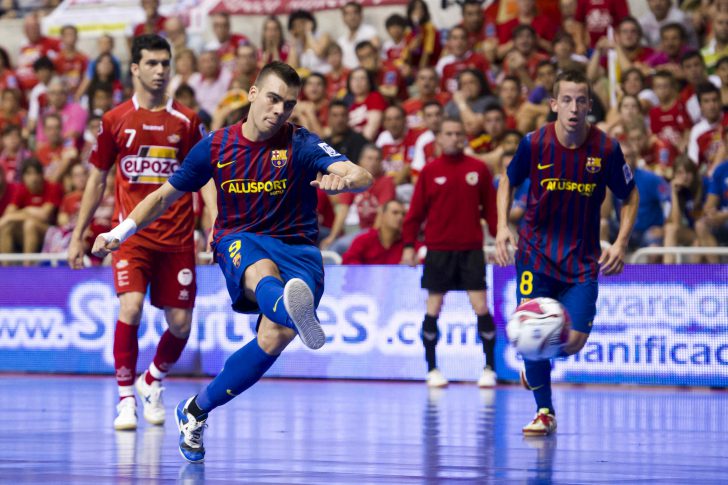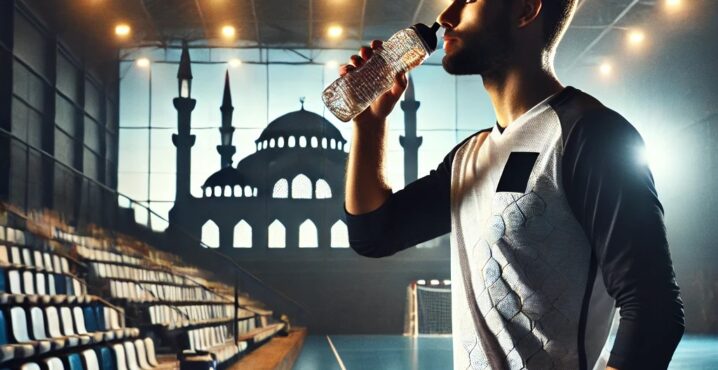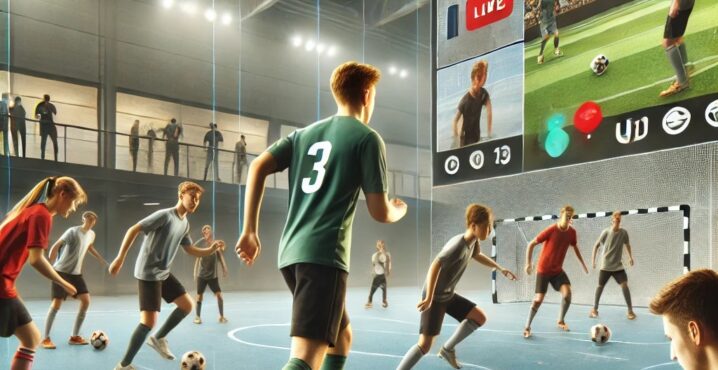Estimated reading time:3 minutes, 10 seconds
Abstract
There is an evident lack of studies examining the pursuit of excellence in futsal. The aims of this study were to evaluate anthropometric and physiological variables that may contribute to distinguishing among performance levels in professional futsal players and to evaluate correlates of those variables. The participants were 75 male professionals (age = 25.1 ± 5.1 years, body height = 182.3 ± 6.2 cm, body mass = 80.8 ± 10.4 kg), who were divided into performance levels using two criteria: (i) starters (first teams) vs. non-starters (substitutes) and (ii) top-level players (members of the national team and players who participated in top-level team competition in Europe) vs. high-level players (team players competing at the highest national competitive rank). Variables included anthropometrics (body height and mass, BMI, body fat percentage), generic tests of physiological capacities [5- and 10-m sprints, countermovement jump, broad jump, 20-yard test, reactive strength index (RSI)], and futsal-specific fitness tests [kicking speed by dominant and non-dominant leg, futsal-specific tests of change of direction speed, and reactive agility (FSRAG) involving/not involving dribbling the ball]. Top-level players outperformed high-level players in RSI, broad jump, kicking speed, and FSRAG involving dribbling. Starters achieved better results than non-starters in fewer variables, including kicking speed and RSI. Body fat percentage negatively influenced FSRAG involving dribbling, and RSI. FSRAG, RSI, and kicking speed were significantly correlated, indicating the similar physiological background of these capacities. The findings suggest that enhanced reactive strength and the ability to rapidly change direction speed in response to external stimulus while executing futsal-specific motor tasks (e.g., dribbling), along with players’ ability to kick the ball speedily, can be considered essential qualities required for advanced performance in futsal. Consequently, futsal strength and conditioning training should be targeted toward lowering relative body fat, maximizing lower-body reactive strength and including futsal-specific skills (e.g., dribbling, shooting) in reactive agility drills.
Published by:
Damir Sekulic (1), Haris Pojskic (2*), Ivan Zeljko (3), Miran Pehar (3), Toni Modric (1), Sime Versic (1) and Dario Novak (4,5)
1Faculty of Kinesiology, University of Split, Split, Croatia
2Department of Sports Sciences, Linnaeus University, Kalmar, Sweden
3Faculty of Science and Education, University of Mostar, Mostar, Bosnia and Herzegovina
4Faculty of Kinesiology, University of Zagreb, Zagreb, Croatia
5Institute for Anthropological Research, Zagreb, Croatia
Main image – Getty images
Futsal Focus supports the Donate4Dáithí campaign
To follow the Donate4Dáithí campaign, you can visit their website here: www.donate4daithi.org or on Facebook at: https://www.facebook.com/Donate4Daithi you can also donate money to their campaign at: https://www.justgiving.com/crowdfunding/donate4daithi
You can learn more about the Donate4Dáithí campaign by going to our article here
To learn more about organ donation or to sign up, you can visit https://www.organdonation.nhs.uk/ and to sign up: https://www.organdonation.nhs.uk/register-your-decision/donate/
You can read more research about futsal by going to the top navigation bar or click here
If you like this article and would like to keep updated on Futsal news, developments, etc then you can now follow Futsal Focus via Google News by following our page which will send you an alert as soon as we publish an article so please click here and follow us on Google.
You can also keep updated on Futsal news, developments, etc then please submit your email below in the Subscribe to Futsal Focus option.
Follow Futsal Focus by clicking on Facebook, Twitter, or Instagram or on the social media buttons on the website.

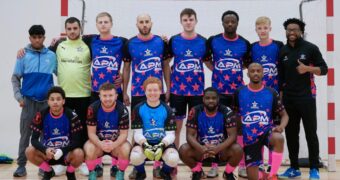



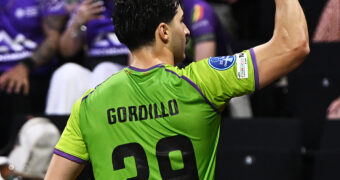
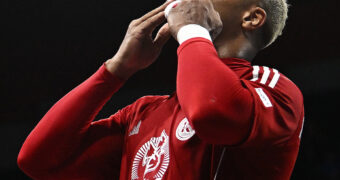

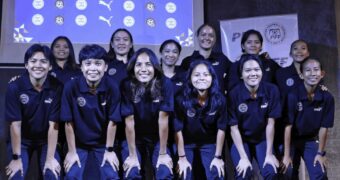
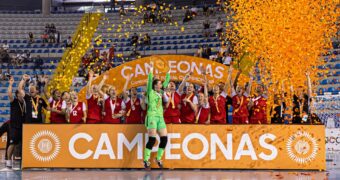
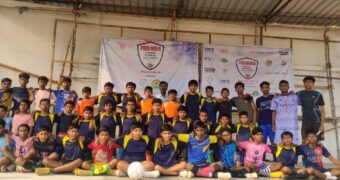





![Validate my RSS feed [Valid RSS]](https://www.futsalfocus.net/wp-content/uploads/2020/01/valid-rss-rogers.png)

